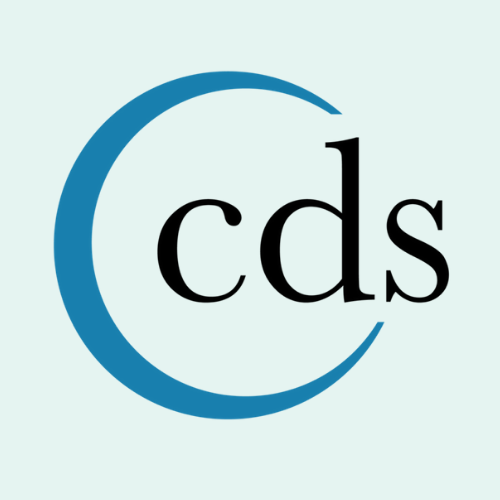Real Choices Hawaii

Project Dates: 2001 – 2005
About
Need
The Real Choices ACCESS project has designed and implemented a virtual one-stop information system www.RealChoices.org in response to community needs, state legislations, and federal court decisions. Intended as a single entry point (SEP) system designed for consumers by consumers and service professionals, the website provides information about community options for people of all ages with a disability and those with long-term care needs. The website is one of the first cross-disability, “universal use” information systems in the country, serving consumers, service professionals, public agencies, and employers alike statewide. Access to options enable individuals to participate in decisions that affect their lives, giving them an opportunity to participate in their community in ways meaningful to them.
Overall Goals and Objectives
The Real Choices grant is committed to creating a website that will include the following provisions:
- In-depth, up-to-date information about private and public services, and products, and resources statewide for consumers and service providers.
- Universal design concepts to create a user friendly website.
- A system to match consumer needs with existing services.
Additionally, the grant will focus on ensuring the success of the project by:
- Addressing continuous quality assurance with the establishment of a consumer-driven committee (Governing Council) with industry representation to continually monitor the Project’s progress and promote policies that will enable people to have choices about their home and community-based living options.
- Providing statewide training to consumers, family members, and agencies on using the Web-based information system.
Unusual Features
User-friendliness of the site:
- Compliance with Section 508 and World Wide Web Consortium Accessibility Guidelines, together with a series of rigorous usability tests, will ensure the site is not only accessible, but universally designed for all.
- Workgroups comprised of consumers, interested individuals, and representatives from public and private organizations are working together to ensure the Web-based system addresses choice, access, and self-determination issues.
The Governing Council and their responsibilities:
- The Governing Council is the decision-making body of the project and is tasked with ensuring that goals and objectives are met.
- The membership is comprised of all stakeholder groups, with representatives from disability community comprising 58% of the membership.
- Consumer members include people with disabilities, family members, or other concerned individuals, and representatives of consumer/family organizations.
- The Governing Council has five members (15%) that are neighbor island residents.
- Members of the Governing Council serve on committees that are driving the creation of the Web-based system and additional support services, such as training and quality assurance.
- Representatives of all key stakeholder groups work together with the Governing Council in collaboratively prioritizing needs, developing strategic action plans to address those needs, and recommending changes in policies and procedures to institutionalize and sustain innovations.
Electronic Forms
- Smart E-Forms that are user friendly for consumers and agency staff.
- Data is saved and automatically will form fill new forms with like information
Expected Benefits
- A resource of in-depth national and local information about issues that effect all aspects of our lives.
- A unified database describing all services and supports offered by the state, county, and private organizations.
- A quality assurance component that will identify service and support gaps by tracking requests and allowing users to periodically rate their services and supports and their employment outcomes.
- Electronic forms from various agencies as an easier and accessible alternative to submitting forms.
Principal Investigator: Rebecca Rude Ozaki


